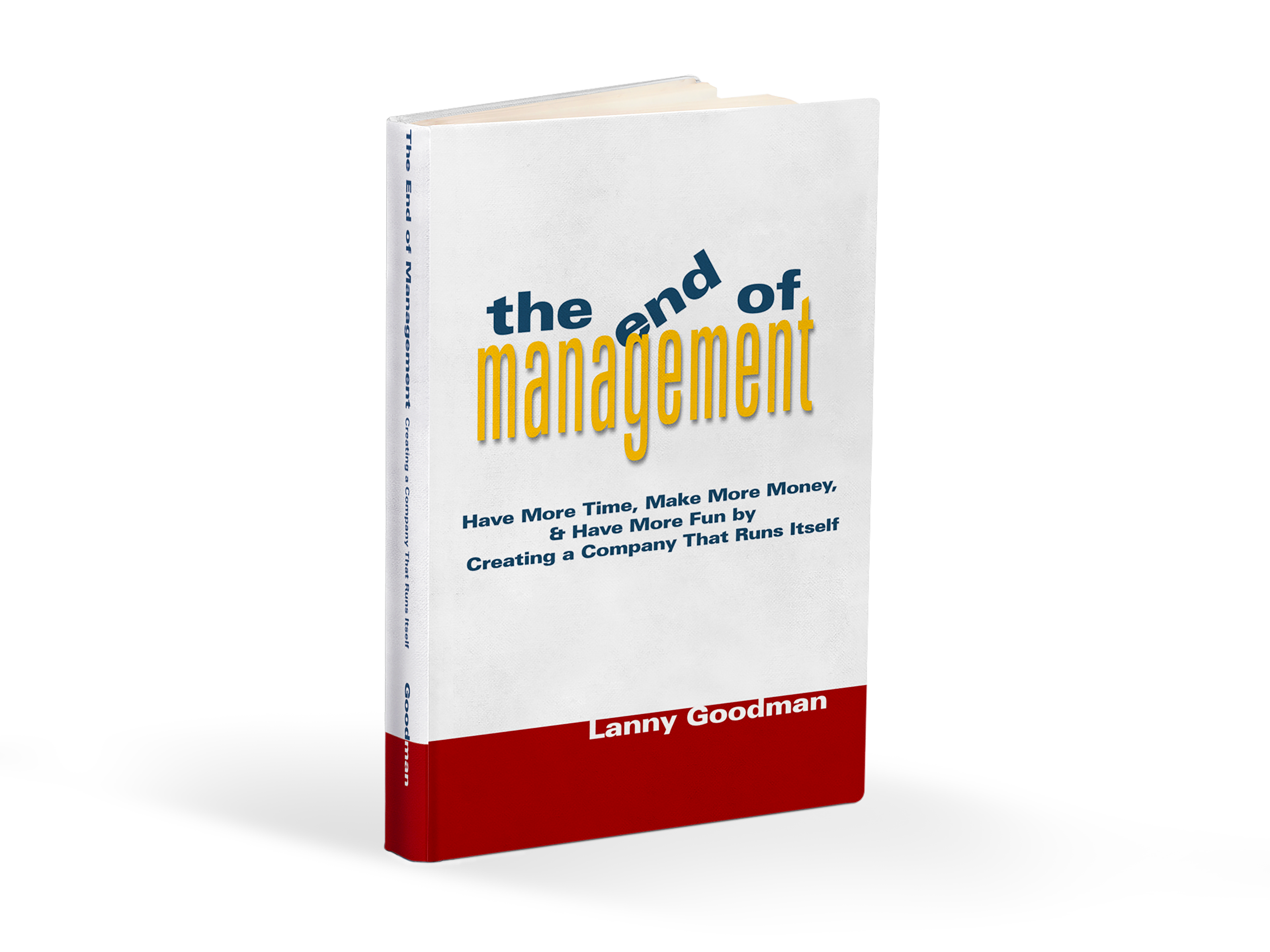Building a Company That Runs Itself
Is This Really Possible?
The short answer is “Yes, absolutely!”
The long answer takes a little explaining…
In the late 1800s, hundreds of thousands of people were moving into the cities from the farms, which were becoming increasingly unsupportable, shrinking with each generation as they were broken up for the children.
These people had little or no education or useful industrial production skills.
Production work had to be broken down into simple, repetitive tasks that a marginally skilled person could accomplish.
The breakdown of work and insuring that the work was done exactly to spec became the focus of the army of managers needed to make sure that workers did precisely what they were told, no more, no less. Employees were treated like children, because from a skills point of view, they were.
Fast forward to today, the army of managers continues to exist, and employees continue to be treated like children, manipulated with the carrot and the stick, despite the fact that the workforce is now generally far better educated and skilled, and moreover temperamentally resistant to being “managed”.
Since the 1970s, science has become fascinated with the self-organizing properties of systems. Did you ever notice that there are no managers in the natural world? Not one.
What has been missing until now is a comprehensive system for designing companies that are self-organizing.
The benefits are significant.
- All employees, top to bottom, are committed to organizational objectives, especially profitability
- Employees hold each other accountable for performance and fulfilling their commitments
- A Leadership Team is formed that collectively performs most of the duties of the CEO
- Lower level teams take on the work previously performed by a manager, to name just a few.
- And finally, we see the end of the Peter Principle (which states that all employees rise in the organization until they hit their level of incompetence, where they remain indefinitely, causing a continuous drag on the organization.)
- Oh, and the CEO winds up with very little to do...
Where traditional management was designed to minimize employee initiative, creativity, and commitment to the health of the organization as a whole, the opposite is true for the self-organizing company. In the self-organizing company, all employees are supported in their growth and creativity, and given room to run, in a structured way that insures the safety of both the organization and the employee.
The key to building self-organizing companies is realizing that employee behavior is a natural product of (or “emergent” in scientific terms) the ecosystem in which they work. The work of leadership in a self-organizing system is shaping the ecosystem through the systems and processes that spontaneously give rise to behavior appropriate for a self-organizing organization.
The secret to this process is the realization that human beings do one thing better than almost any other creature on the planet. We adapt.
When you change the organization’s systems and processes, employees adapt. They may adapt out of the system, but they will adapt. You can count on it.
Please download a copy of my e-book, The End of Management by clicking the link below for more information. The book is a business novel in the spirit of Eliyahu Goldratt’s The Goal (highly recommended), so it is a quick and easy read, but which conveys the journey to a self-organizing company much better than a dry factual narrative.
If you would like to know more about this type of organizational transformation and how I can help you accomplish it, please feel free to give me a call to discuss.
Click on the image to download a free copy of my ebook
I began applying Lanny's principles at the bottom of a recession when my company was really struggling. Two years later, we were out of debt, making record margins, had racked up 35% compound annual growth and I sold the company at a significant premium.Rick Green
Former CEO
Computer Resources Group
San Francisco, CA USA

Serving leaders and companies who aspire to evolve and improve quality of business and life for themselves and their employees.


